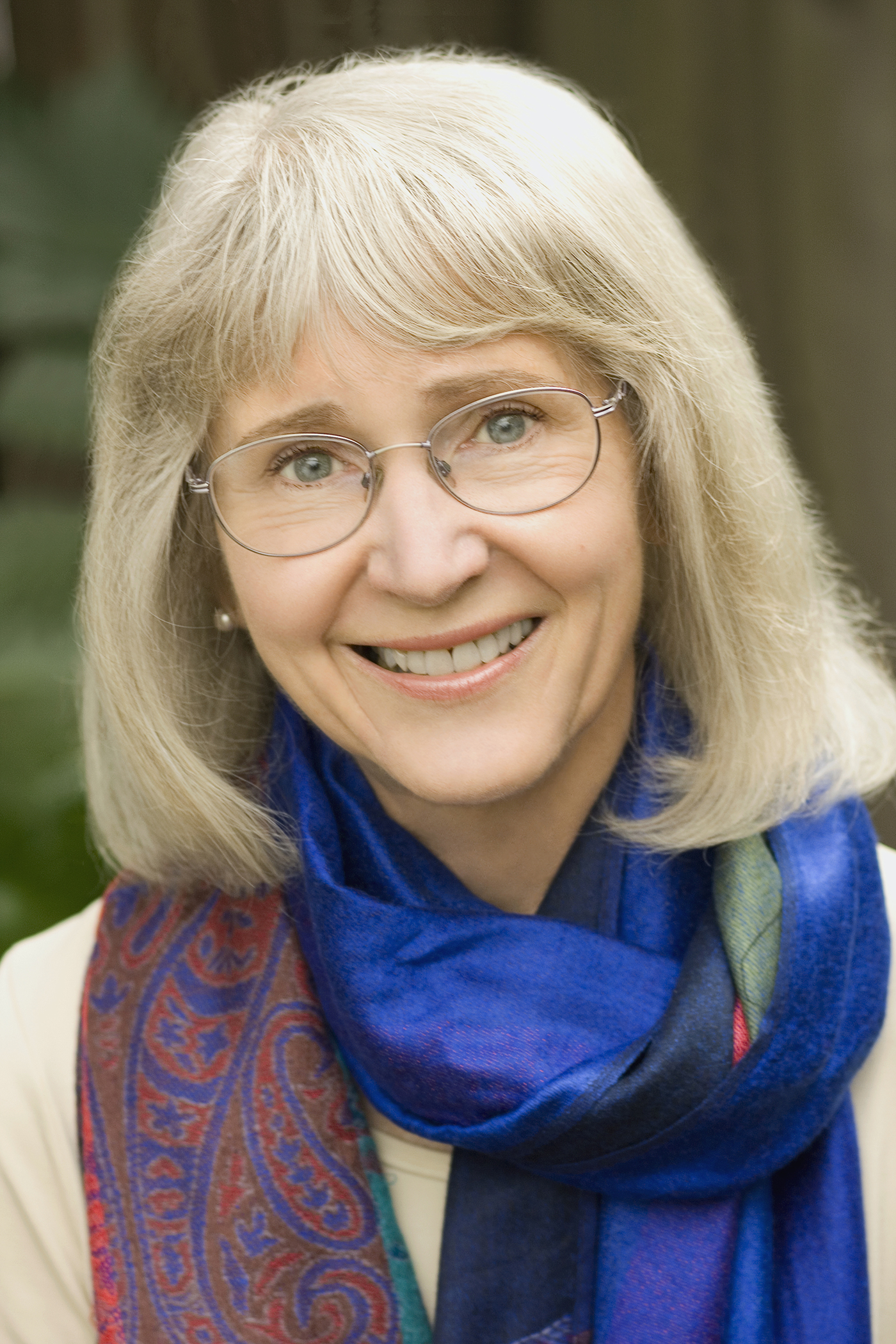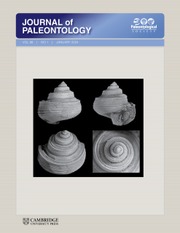
In August of 1980, an article appeared in the Lexington Herald Tribune noting that the “Citizens for Balanced Treatment of Origins” had proposed to the Lexington board of education that our city could be on the cutting edge of science education if the Board would institute the teaching of “creation science” in Lexington schools. I was one of the few people in Lexington at that time who had even heard of creation science, and likely the only one who had a box of creation science literature.
I was teaching biological anthropology at the University of Kentucky at the time, and on campus, the idea of teaching as science that evolution hadn't occurred, and that the universe had appeared in its present form about 10,000 years ago didn't sit well with the science faculty. My box of creation science literature came in handy. Faculty members sorted out stacks of scientific claims and piles of literature were given to the biologists, the anthropologists, the physicists/astronomers, the philosophers of science, and of course, to the geologists.
Obviously, one stack went to the geologists.
This was the heyday of young-Earth creationism, but early in that history, before court decisions would clarify that young-Earth creationism was a religious view masquerading as science, and was an unconstitutional advocacy of religion in the public schools. The geologists were essential in showing the evidence that the Earth was not, in fact, 10,000 years old—that everything we knew from this scientific discipline pointed to only one conclusion: that the universe and our planet were ancient. Furthermore, the evidence from paleontology helped demonstrate that common ancestry is the only scientific explanation to account for the pattern of fossils in the rock record, and the similarities and differences these fossils have with living forms.
Fellow scientists from the University of Kentucky took those stacks of literature back to their departments and prepared analyses from each discipline explaining why the science of creation science was dismal and would only mis-educate students in the district. To make an almost (two-year) long story short, the good guys won in Lexington, but not without a contentious struggle. The science was necessary to keep creationism out of the curriculum, but not sufficient. Our side also needed support from the education community (we got it!) and from the faith community, and we got IT, too: Catholics, Jews, and mainstream Protestants didn't want children from their congregations taught biblical literalism Monday through Friday, and then have to straighten out the kids on the weekend.
At about the same time I was struggling against creation science with my fellow scientists in Kentucky, a group of scientists and teachers started working together to come up with a way to systematically oppose the rash of “equal time for creation science” laws that had started cropping up in the late 1970s and were increasing in the 1980s. Paleontologists like Niles Eldredge and Stephen Jay Gould were prominent in this assemblage, and other geologists were involved as well. Legislation was being submitted in almost every state, and local school districts like mine in Lexington were being approached to institute the teaching of creation science—and scientists were banding together with teachers and other supporters to try to keep this from happening. Rather than scientists and teachers in every state having to reinvent this particular wheel, how could we communicate the best way to oppose these laws and practices?
The National Center for Science Education evolved out of these grass-roots efforts, and later in the 1980s, I took over as executive director of this organization. As creationism, and later, intelligent design, continued to bedevil science education throughout the 80s, 90s, and 2000s, I continued to rely on the help of paleontologists and other geologists to provide the science to buttress the teaching of evolution and reject the teaching of creationism. Both individual scientists and geological associations such as GSA, AGU, and the Paleontological Society were hugely important in keeping the good stuff in and the bad stuff out of the curriculum.
Because the creationism and evolution controversy is quintessentially a grass-roots one, the associations were indispensable in helping NCSE find geologists willing to step up to the plate in their communities and states. Only a very small percentage of anti-evolution laws have been passed—it's too many, but it's only a fraction of the total submitted. This is because geologists and other scientists took time to testify before boards and committees, write op-ed pieces and letters to the editor, appear on local talk radio shows in their communities, and in other ways help to educate their fellow citizens about what is good science and what is not.
So from my standpoint as director of NCSE, I am very grateful to paleontologists and the Paleontological Society for all their support over the years—the job would have been much more difficult without your having my back. But from a personal standpoint, I have to say that spending time with paleontologists and other geologists, and especially people like Judy Scotchmoor—my predecessor in this award, has been profoundly meaningful to me.
I never took a geology class, which I have often regretted. I had to pick up at least some basic geology to handle the creationist misstatements of your science, but it's miniscule. Still, what I've picked up from hanging around you guys (the Midwestern “guys,” as in “people”) regularly encourages me to reflect on what an amazing planet we live on. Before I “had” to learn some geology, I didn't appreciate the intricate relationship between geology and biology. Biological evolution reflects geology—the oxygenation of the planet permitting multicellularity, for example. The shifting plates of the planet opened new coastal environments for living things to radiate into, and even the origin of life itself was influenced by early planetary bombardment of comets and meteors on the early Earth.
But geology also reflects biology: it's stunning to realize that about half of the minerals we have on Earth are likely unique to our planet, because they are the result of the interaction of biology with geology. And of course, the fossil and laboratory discoveries of paleontologists have provided me and other biologists with years of inspiration and wonder.
When NCSE added climate change to its portfolio—because teachers were getting pushback from teaching this science as well—once again, paleontology came to the fore, because paleoclimatology is a critical component to our understanding of what has happened in the past, and what may happen in the future.
I hope, then, that I have helped you understand why receiving the John and Mary Lou Pojeta Award is so special to me. I feel a true kinship with paleontologists who have stood by me when I was director of NCSE, and who continue to inspire me to think about, wonder about, and appreciate your science just about every day.
So, thank you. Very sincerely!


